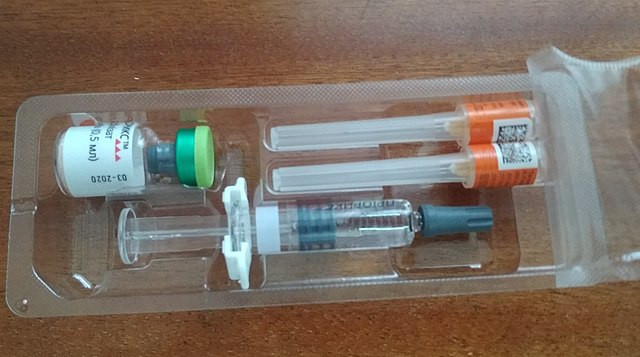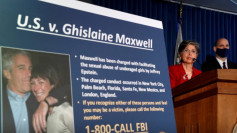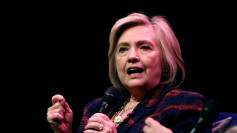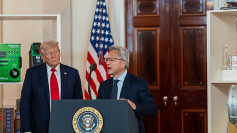A second measles-related death has been reported in the United States, as an unvaccinated New Mexico resident tested positive for the virus posthumously, according to the state's Department of Health. Officials have not yet confirmed measles as the official cause of death, but the fatality marks the second linked to the outbreak that has been spreading across Texas and New Mexico.
The first measles-related death in the U.S. in a decade was reported last week in an unvaccinated school-age child in Texas. The child was one of 159 confirmed cases in western Texas, with the majority occurring in Gaines County. In neighboring Lea County, New Mexico, 10 cases have been identified, and health officials are investigating whether there is a direct link between the outbreaks in the two states.
Dr. Chad Smelser, deputy state epidemiologist for the New Mexico Department of Health (NMDOH), urged residents to get vaccinated, emphasizing the risks posed by the disease. "We don't want to see New Mexicans getting sick or dying from measles," he said in a statement. "The measles-mumps-rubella vaccine is the best protection against this serious disease."
According to the Texas Department of State Health Services (DSHS), the state's 159 confirmed cases include:
- 80 individuals who were unvaccinated
- 74 whose vaccination status is unknown
- 53 cases in children under age 4
- 74 cases in children and teenagers ages 5 to 17
- 22 hospitalizations
The outbreak in Texas and New Mexico is part of a larger surge nationwide, with the Centers for Disease Control and Prevention (CDC) confirming 164 cases in nine states-Alaska, California, Georgia, Kentucky, New Jersey, New Mexico, New York, Rhode Island, and Texas. However, officials warn the true number is likely higher due to reporting delays.
Measles is a highly contagious airborne disease that can lead to severe complications, particularly in young children, pregnant women, and immunocompromised individuals. Health experts emphasize that the MMR vaccine remains the most effective defense, with one dose being 93% effective and two doses providing 97% protection. The CDC recommends children receive their first dose at 12 to 15 months old and a second dose between ages 4 and 6.
The growing outbreak has renewed debate over vaccine policies, with some public figures speaking out on the importance of immunization. Health and Human Services Secretary Robert F. Kennedy Jr. wrote in an editorial, "Vaccines not only protect individual children from measles, but also contribute to community immunity." However, Kennedy, who has a long history of opposing vaccine mandates, stopped short of directly urging parents to vaccinate their children, stating, "The decision to vaccinate is a personal one."
The Texas outbreak has been fueled by declining vaccination rates, with health officials expressing concern that misinformation about vaccines has led to increased hesitancy among parents. The CDC has urged states to increase outreach efforts, particularly in communities with low immunization coverage.






